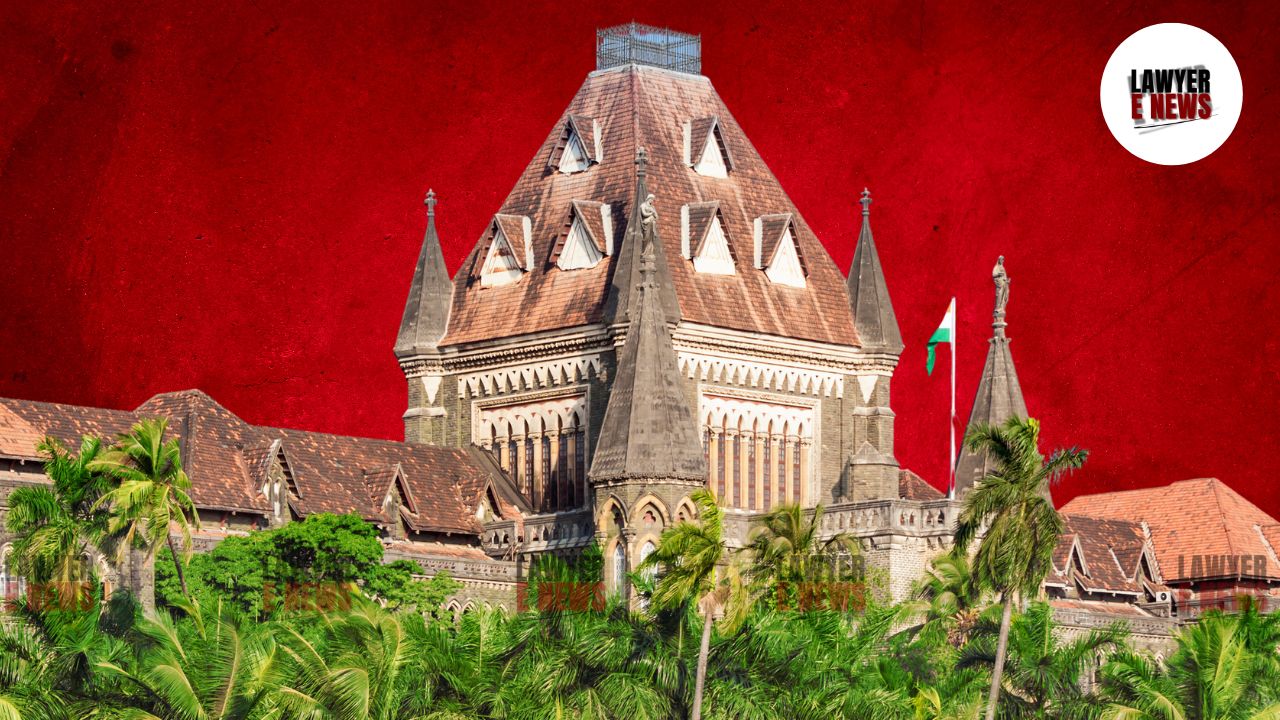-
by Admin
15 February 2026 5:35 AM



On October 17, 2024, the Bombay High Court addressed the statutory bar under Section 144(2) of the Code of Civil Procedure (CPC), 1908 and Section 34 of the Specific Relief Act, 1963, while also highlighting the court’s disapproval of attempts to avoid legal restrictions through "clever drafting."
The case involved M/s. Chudiwala Company, the plaintiff, seeking a declaration of tenancy rights and permission to deposit arrears of rent, following earlier litigation where they had lost possession of a leased property due to non-compliance with court orders. The property in dispute was initially leased in 1927 and subsequently sub-leased over the years. The plaintiff, a sub-tenant, lost possession after a decree for eviction in 1980, though the eviction decree was later reversed in 1987. However, by that time, the original lessor had regained possession, and the plaintiff’s attempts to secure restitution through the courts, including the Supreme Court, had failed.
In the present suit, M/s. Chudiwala Company sought a declaration of subsisting tenancy rights without explicitly praying for possession, a relief which had been denied earlier. The defendant, M/s. Mathuresh Infrapro Pvt Ltd., moved for rejection of the plaint under Order 7 Rule 11(d) of the CPC, asserting that the suit was barred by Section 144(2) of the CPC and Section 34 of the Specific Relief Act.
Bar under Section 144(2) of the CPC: The court examined whether the suit was effectively seeking restitution, which had been denied in earlier proceedings. Section 144(2) bars the institution of suits seeking relief that could be obtained through restitution applications under Section 144(1), which the plaintiff had already pursued unsuccessfully.
Omission of Substantive Relief under Section 34 of the Specific Relief Act: The plaintiffs sought a declaration of tenancy without claiming the consequential relief of possession. Under Section 34, a suit for mere declaratory relief is barred when the plaintiff fails to claim further relief to which they are entitled.
Clever Drafting to Circumvent the Bar: The court considered whether the plaintiffs' omission of a specific prayer for restitution of possession was a deliberate attempt to bypass the legal bar under Section 144(2).
Justice Marne held that the plaintiff's suit was barred by law, stating that their omission of the prayer for restitution did not negate the statutory bar. The court observed that the plaintiff’s real intention was to regain possession of the property, which had been denied by the Supreme Court and the High Court, but they had cleverly omitted this relief to avoid the bar under Section 144(2) CPC.
On Clever Drafting: The court firmly stated, "Clever drafting cannot be allowed to circumvent statutory bars, and courts must look beyond the surface of the plaint to assess the true nature of the relief sought." [Paras 31-34]
On the Bar under Section 144(2) CPC: The court noted that the suit was barred under Section 144(2) as it sought to indirectly obtain restitution, which had already been refused by both the Supreme Court and the High Court. The court emphasized that the mere omission of a prayer for restitution could not change the nature of the suit, as the relief sought was essentially the same. [Paras 22-24]
On Section 34 of the Specific Relief Act: The court further held that the plaintiffs were required to seek possession, not just a declaration of tenancy rights. "A tenant without possession and without paying rent cannot claim a mere declaration of tenancy rights," Justice Marne stated, citing the statutory bar under Section 34. [Paras 24-25]
The Bombay High Court rejected the plaint under Order 7 Rule 11(d), confirming the trial court's earlier decision and setting aside the appellate court's ruling which had reinstated the suit. The court emphasized that such vexatious litigation, aimed at obtaining the same relief which had been denied through multiple legal avenues, must be "nipped in the bud" under Order 7 Rule 11(d).
Final Order: The revision application was allowed, and the appellate court's decision was set aside. The trial court's rejection of the plaint under Order 7 Rule 11(d) was upheld, with no order as to costs.
This judgment reaffirms the principle that courts will not entertain suits that seek to circumvent legal restrictions through deceptive drafting and underscores the finality of earlier rulings on restitution under Section 144(2) of the CPC.
The Bombay High Court's decision serves as a critical reminder that courts will not tolerate attempts to misuse legal provisions or engage in vexatious litigation by framing suits in a manner designed to avoid statutory bars. This case, involving a complex history of tenancy and restitution disputes, reinforces the importance of judicial scrutiny over the true nature of claims in civil litigation.
Date of Decision: October 17, 2024
M/s. Mathuresh Infrapro Pvt Ltd. vs. M/s. Chudiwala Company and Others
